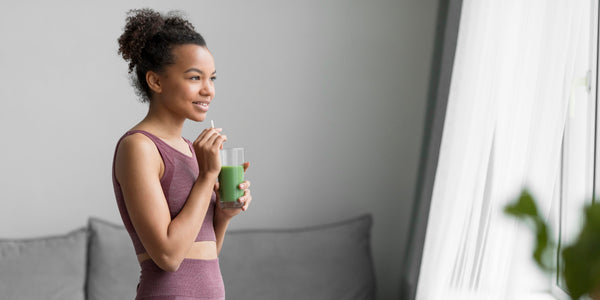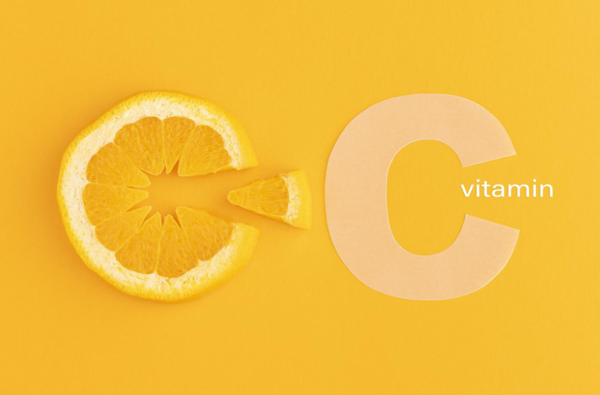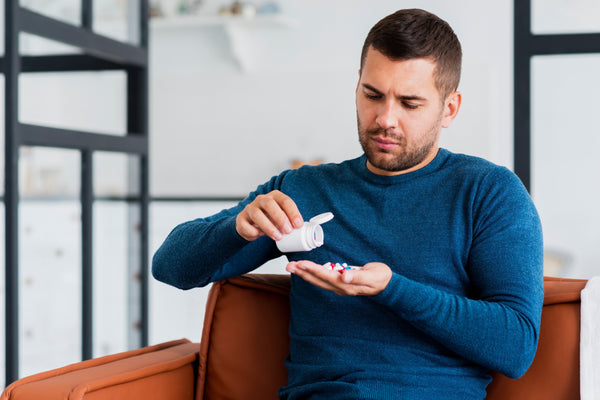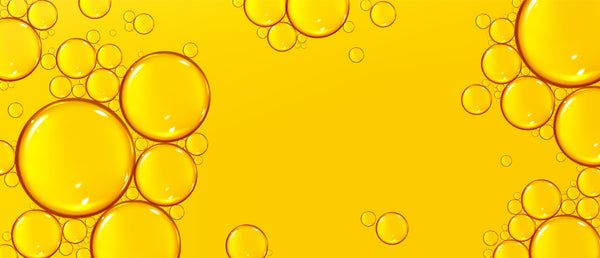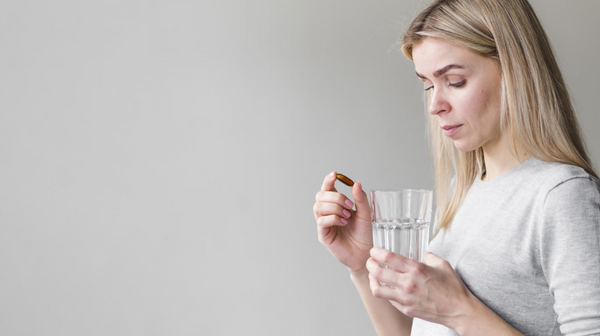While carbohydrates, proteins, and fats build our body and give it energy, it is vitamins that give it all those little add-ons which help it function normally. Also known as protective foods, they perform many functions for the body, from ensuring the absorption of essential minerals to providing us with night vision, and healthy skin, teeth and bones.
The best source for vitamins are fruits and vegetables, beans and legumes, low-fat protein, whole grains, and dairy products. While some animal-food is rich in certain vitamins, these can easily be substituted with plant-based sources. It should be kept in mind that most of these sources are typically rich in one or two vitamins. Hence, one should eat a varied diet with different fruits and vegetables to ensure an adequate vitamin intake. Where this is not possible, supplements like vitamin C tablets can be taken.
What are the essential vitamins that our body needs?
Our body needs 13 essential vitamins, namely vitamins A, C, D, E, K, and the B vitamins. Under the last category of vitamin B fall riboflavin, niacin, thiamine, pantothenic acid, biotin, B12, B6, and folate. These can be divided into water-soluble and fat-soluble vitamins. The categorisation is based on the manner in which these vitamins are stored in the body. Understanding this difference can help us grasp how they function.Water-soluble vitamins
There are nine water-soluble vitamins, namely vitamin C and B complex. Unlike fat-soluble vitamins, these are unlikely to reach toxic levels as they are flushed out by the kidneys. The only exception is vitamin B12 which can be stored in the liver for an extended period. The flip side of our kidney action is that it means that you need to take these vitamins in small, frequent doses.When taking these vitamins, do keep in mind that vitamin C, pyridoxine (B6), folate (B9), and choline have upper consumption limits. High consumption of B6 over a long period of time can cause irreversible nerve damage. While a healthy diet should be adequate for our daily intake, the unfortunate fact is that many of us do not consume vitamin-rich food everyday. In such cases, supplements like B complex or vitamin C tablets can be taken.
Some people may also have dietary restrictions, making it necessary to compensate through supplements. For instance, vitamin B12, which is more commonly available through animal-based food, is often missing from a vegetarian or vegan’s diet. Our Melts Vegan Vitamin B12 offers an innovative solution. These strips 'melt' when placed on your tongue, releasing plant-based B12 extracts in the form of nanoparticles. Easily-absorbed, vegan, and clinically-proven, these melts offer 100% bioavailability.
Fat-soluble vitamins
Vitamins A, D, E, and K come under this category. These are stored in the body’s fatty tissues and can hence, remain in the body longer than water-soluble vitamins. Since these are not flushed out regularly, overconsumption can reach toxic levels. When consumed through food, these vitamins are more easily absorbed when they are combined with dietary fats.There is another such symbiotic relationship within the fat-soluble vitamins. Vitamin D and K work best when consumed together as each enhances the other function. A study published in the International Journal of Endocrinology revealed that vitamins D and K are likely to be more effective for bone and cardiovascular health when taken together than taken alone.
This is why our Melts Natural Vitamin D3 combines both in a powerful dose. Just place a ‘melt’ strip on your tongue for the required dose of these vitamins. Apart from bone strength and heart health, these can also improve immunity, provide energy, and lift your mood. These are also vegan, clinically-proven and 100% bioavailable.
What is vitamin deficiency?
Although vitamins are essential for our optimal health, most people simply do not take enough vitamins in their diet. This can have serious consequences. A diet lacking in vitamins leads to malnutrition. The lack of a particular vitamin can mean a deficiency in some function of the body, such as worsening vision, irritability, numbness, tiredness, bleeding gums or weakness. If you are experiencing such symptoms, it is best to seek medical advice. Keep in mind that over-consumption of certain vitamins can be toxic for the body.For most people whose diet lacks the necessary vitamins, supplements like vitamin C tablets can be prescribed. Our Melts Natural Vitamin D3 Melts Vegan Vitamin B12 are easy to use supplements that are completely safe and very effective.
References:
- The best foods for vitamins and minerals, Harvard Health Publishing https://www.health.harvard.edu/staying-healthy/the-best-foods-for-vitamins-and-minerals
- Vitamins, MedLinePlus, NIH US National Library of Medicine https://medlineplus.gov/ency/article/002399.htm
- Vitamins: Their Functions and Sources, University of Michigan Health, https://www.uofmhealth.org/health-library/ta3868
- Vitamin B12 among Vegetarians: Status, Assessment and Supplementation, Gianluca Rizzo, Antonio Simone Laganà, Agnese Maria Chiara Rapisarda, Gioacchina Maria Grazia La Ferrera, Massimo Buscema, Paola Rossetti, Angela Nigro, Vincenzo Muscia, Gaetano Valenti, Fabrizio Sapia, Giuseppe Sarpietro, Micol Zigarelli, and Salvatore Giovanni Vitale, Nutrients https://www.ncbi.nlm.nih.gov/pmc/articles/PMC5188422/
- Vitamins and Minerals: How to Get What You Need, Familydoctor.org https://familydoctor.org/vitamins-and-minerals-how-to-get-what-you-need/
- 75% of Indians suffer vitamin deficiency: Study, Janani Sampath, ETHealthworld.com
https://health.economictimes.indiatimes.com/news/industry/75-of-indians-suffer-vitamin-deficiency-study/49436690#:~:text=The%20samples%20tested%20across%20four,deficient%20in%20three%20vital%20vitamins.&text=The%20Indian%20Medical%20Association%20today,for%20a%20mass%20awareness%20drive.













